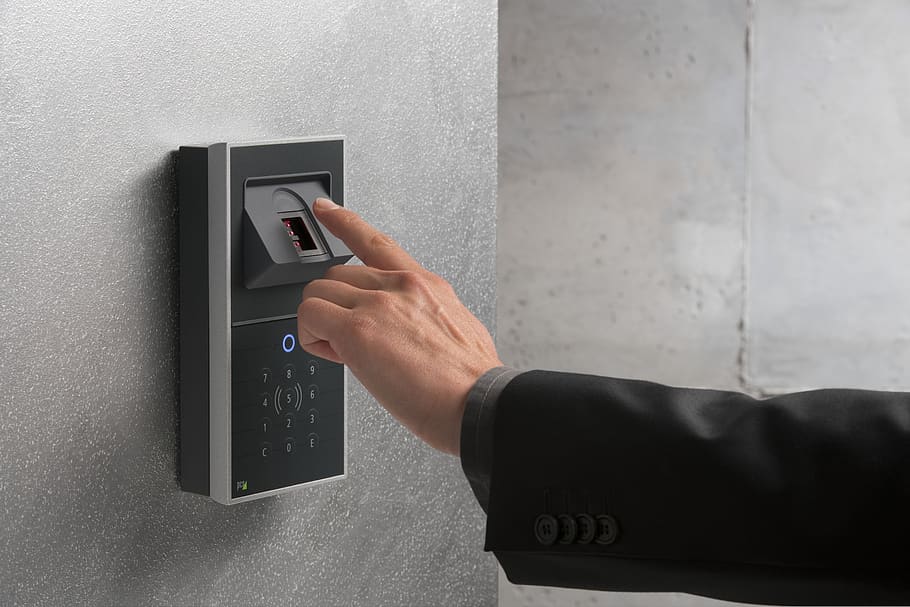Access control is the cornerstone of all security operations and security-related sectors. It comprises non-sterile (public area) and sterile (post-screening) areas. Simply put, suppose someone does not belong in an area or past a certain point. In that case, security must keep him/her/them out. In executive protection, access control becomes more fluid rather than a fixed entity.
Executive protection teams and their principal(s) go through many stages of movement. Thereby, they help ensure that no one breaches the personal protective perimeter. Interestingly, when access control is reviewed, especially during executive protection details, a lot of focus is trained on physical contact or harm of those protected in arms reach.
The aforementioned is indeed a foundational variable of close protection. However, access control’s focus mustn’t solely rest on the immediate location. It starts months or even years before a protective detail might spur into a dangerous situation.
Barriers, ID Cards, and Attendance Lists
C-Suite leadership and visiting public figures make up a good piece of executive protection principal(s). Public appearances most always occur under the endorsement or coordination of the organization or entity the principal(s) affiliates themselves with.
The barriers are set up, identification cards are generated, and a list of those attending ― if not an open public event ― starts to gather at the venue. But who is to say that access control only begins immediately before, during, and after the event takes place? Depending on the level of security needed for the principal(s), an inadvertent access control failure might take place.
How often has someone been let in or past a checkpoint because they “know the owner” or use the popular phrase, “I am a big supporter of this individual, and he/she would not mind seeing one of his/her biggest contributors.” This is practically non-existent with the executive protection agents.
The reason is that they are proficient in spotting these types of diversions and tricks that non-sterile area occupants use. Nevertheless, there is not just one access control point during executive protection details. In fact, there are several.
Forging Strong Partnerships
Just as the Concentric Circles of Protection method slows down an aggressor(s) from reaching the target in fixed locations, this is also very important for protection details that are fluid and mobile. That is why regular collaboration and coordination with everyone from the host organization’s private security teams and law enforcement officials is paramount.
Executive protection team leaders must ensure that every piece of the protective puzzle comprehends flawlessly who or what they are protecting. There are strong leadership heads in all aspects of those involved in the access control picture. From the frontlines (i.e., private security management) to the organization’s Chief Security Officer (CSO).
The stronger partnerships forged with these men and women, the stronger your access control picture will be.






